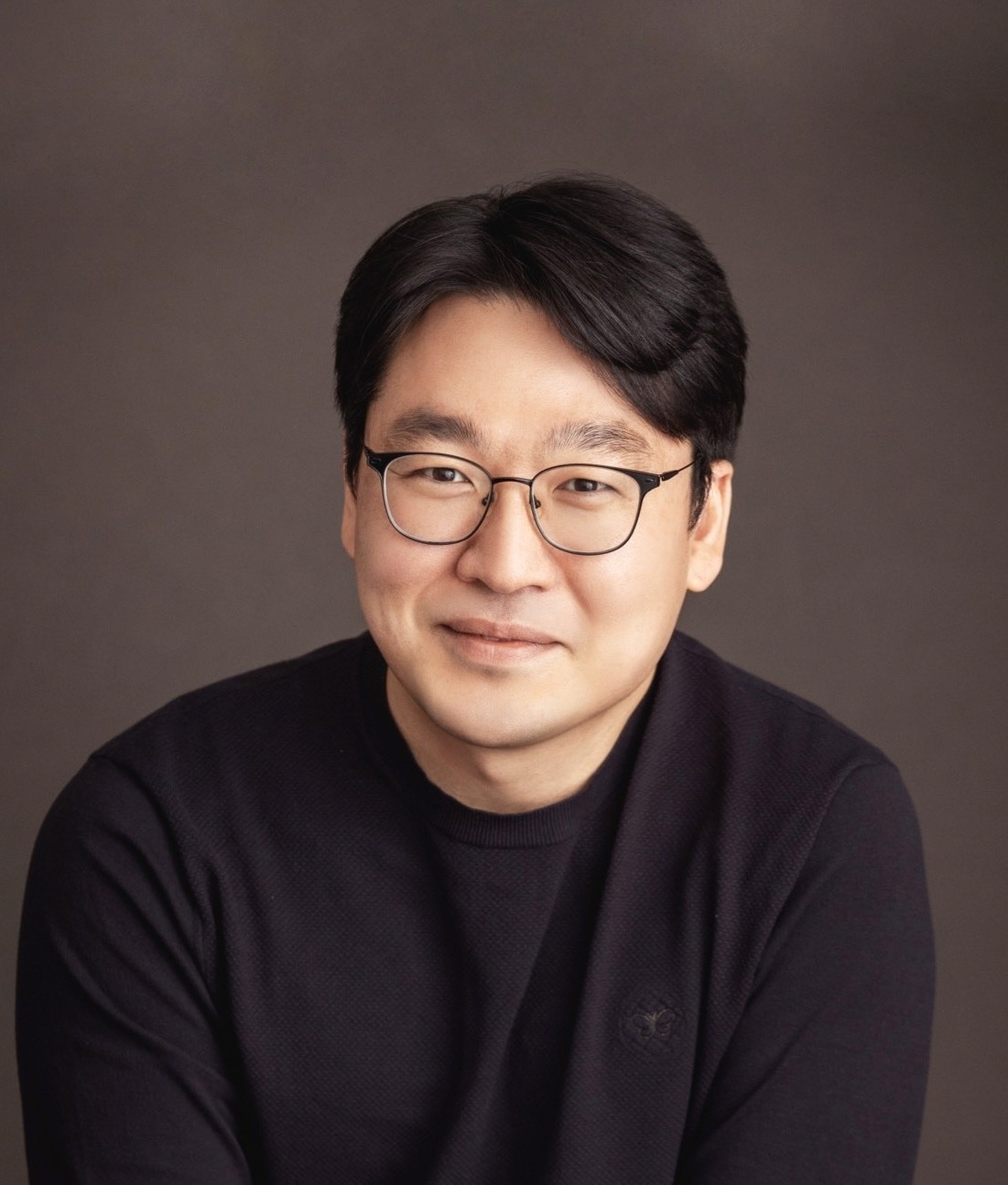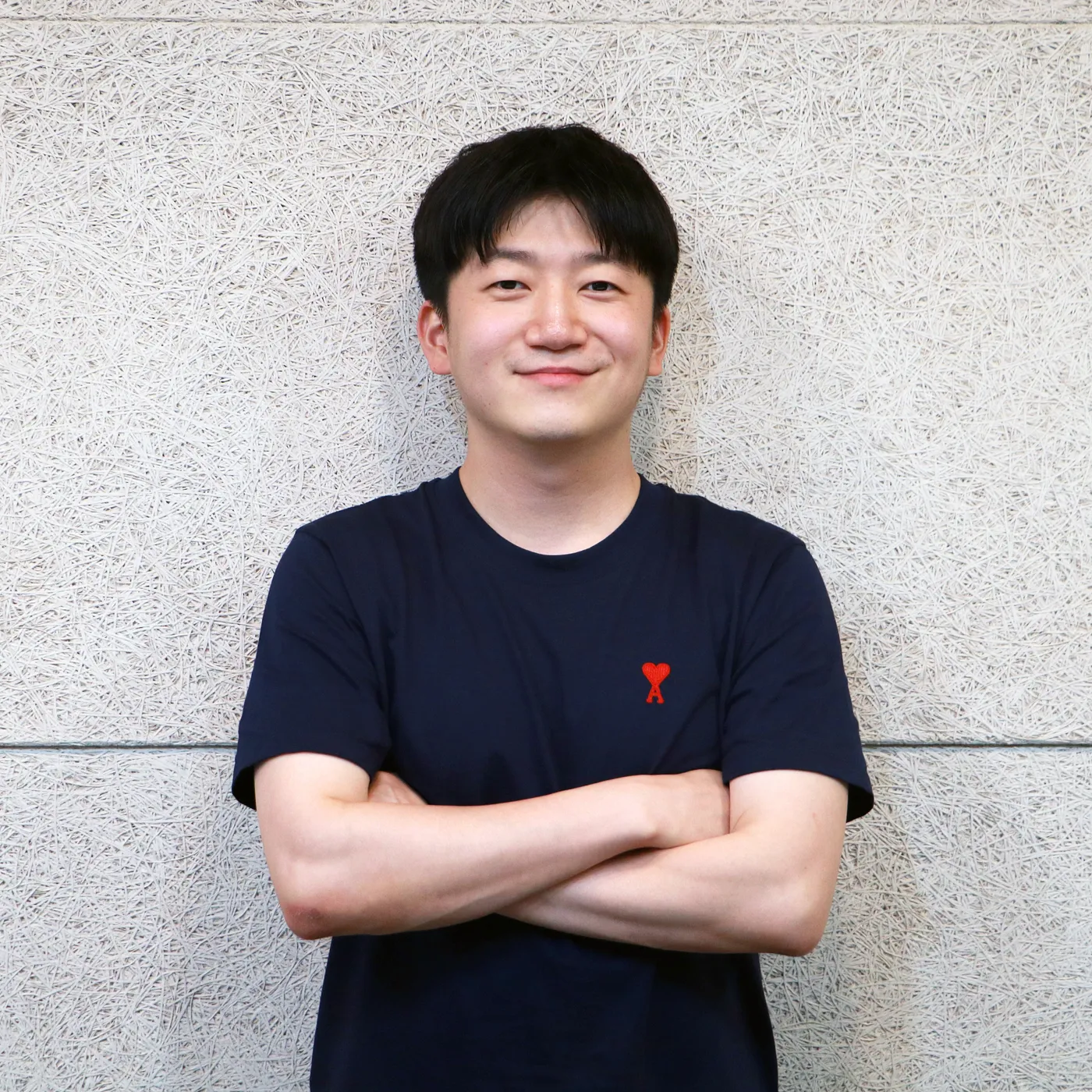Habyung Lee
Habyung Lee
Habyung Lee
Habyung Lee
EVP
EVP
EVP
EVP




“Is there any way I can help?”
“Is there any way I can help?”
My Story
After graduating college with a degree in business, I had a vague idea that I should probably join a financial institution. At the time, I hadn’t even heard of venture capital. Among the companies I was accepted into, I chose IBK Capital, partly because their work involved venture capital, which I thought sounded interesting, even though I knew little about it. I joined at the end of 2006, and over the next seven years at IBK Capital, followed by four more years at KT Investment, I managed a total of 105 investments. I experienced nearly every stage of investment beyond the early phase—from private placements to IPOs—in diverse sectors like IT, manufacturing, pharmaceuticals and biotech, food, content, and real estate. I also gained experience in almost every type of investment, from common and preferred stock to convertible bonds and M&As.
While I didn’t go deeply into any one field during this time, I developed a broad perspective and a solid foundation. Above all, I enjoyed meeting with entrepreneurs, listening to their founding stories, and discussing their visions for their companies.
In 2020, I co-founded Klim ventures, inspired by Honggyu’s vision of “supporting startups to create a healthier world.” Here, I have the chance to work closely with passionate individuals committed to solving the world’s challenges and to support them as they work toward their ambitious visions. I truly believe that the ones who change the world are entrepreneurs.
Mindset
Altruism is the attitude of prioritizing others’ interests above one’s own. Many books about successful leaders emphasize the importance of altruism. For instance, Stephen Schwarzman, the founder of Blackstone, mentions in What It Takes that he would always consider, “How can I help this person?” when speaking with others. Kazuo Inamori, founder of Kyocera, states in Why Leaders Lead that a wise manager thinks, “What can I give to the other person?” while a foolish one thinks only, “What can I gain from them?”
Inamori describes a pivotal moment early in Kyocera’s history, when he shifted the company’s purpose from self-interest to altruism. He attributes Kyocera’s rapid growth to this strong foundation of altruism. Similarly, Hubert Joly, who led Best Buy’s remarkable turnaround, emphasizes in The Heart of Business that the best leaders work for others and that a company’s purpose should contribute to public good and serve all stakeholders harmoniously.
Why do successful leaders attribute their and their company’s success to altruism? Angela Duckworth’s GRIT provides an answer. She explains that grit, the primary driver of success, is rooted in altruistic motivation, making people with strong altruism more likely to succeed. This conclusion is echoed in Adam Grant’s GIVE and TAKE.
Our vision at Klim ventures is “to support startups and create a healthier society.” With a belief that entrepreneurs make the world a better place, we strive to support them wholeheartedly.
“Is there any way I can help?”
My Story
After graduating college with a degree in business, I had a vague idea that I should probably join a financial institution. At the time, I hadn’t even heard of venture capital. Among the companies I was accepted into, I chose IBK Capital, partly because their work involved venture capital, which I thought sounded interesting, even though I knew little about it. I joined at the end of 2006, and over the next seven years at IBK Capital, followed by four more years at KT Investment, I managed a total of 105 investments. I experienced nearly every stage of investment beyond the early phase—from private placements to IPOs—in diverse sectors like IT, manufacturing, pharmaceuticals and biotech, food, content, and real estate. I also gained experience in almost every type of investment, from common and preferred stock to convertible bonds and M&As.
While I didn’t go deeply into any one field during this time, I developed a broad perspective and a solid foundation. Above all, I enjoyed meeting with entrepreneurs, listening to their founding stories, and discussing their visions for their companies.
In 2020, I co-founded Klim ventures, inspired by Honggyu’s vision of “supporting startups to create a healthier world.” Here, I have the chance to work closely with passionate individuals committed to solving the world’s challenges and to support them as they work toward their ambitious visions. I truly believe that the ones who change the world are entrepreneurs.
Mindset
Altruism is the attitude of prioritizing others’ interests above one’s own. Many books about successful leaders emphasize the importance of altruism. For instance, Stephen Schwarzman, the founder of Blackstone, mentions in What It Takes that he would always consider, “How can I help this person?” when speaking with others. Kazuo Inamori, founder of Kyocera, states in Why Leaders Lead that a wise manager thinks, “What can I give to the other person?” while a foolish one thinks only, “What can I gain from them?”
Inamori describes a pivotal moment early in Kyocera’s history, when he shifted the company’s purpose from self-interest to altruism. He attributes Kyocera’s rapid growth to this strong foundation of altruism. Similarly, Hubert Joly, who led Best Buy’s remarkable turnaround, emphasizes in The Heart of Business that the best leaders work for others and that a company’s purpose should contribute to public good and serve all stakeholders harmoniously.
Why do successful leaders attribute their and their company’s success to altruism? Angela Duckworth’s GRIT provides an answer. She explains that grit, the primary driver of success, is rooted in altruistic motivation, making people with strong altruism more likely to succeed. This conclusion is echoed in Adam Grant’s GIVE and TAKE.
Our vision at Klim ventures is “to support startups and create a healthier society.” With a belief that entrepreneurs make the world a better place, we strive to support them wholeheartedly.
“Is there any way I can help?”
My Story
After graduating college with a degree in business, I had a vague idea that I should probably join a financial institution. At the time, I hadn’t even heard of venture capital. Among the companies I was accepted into, I chose IBK Capital, partly because their work involved venture capital, which I thought sounded interesting, even though I knew little about it. I joined at the end of 2006, and over the next seven years at IBK Capital, followed by four more years at KT Investment, I managed a total of 105 investments. I experienced nearly every stage of investment beyond the early phase—from private placements to IPOs—in diverse sectors like IT, manufacturing, pharmaceuticals and biotech, food, content, and real estate. I also gained experience in almost every type of investment, from common and preferred stock to convertible bonds and M&As.
While I didn’t go deeply into any one field during this time, I developed a broad perspective and a solid foundation. Above all, I enjoyed meeting with entrepreneurs, listening to their founding stories, and discussing their visions for their companies.
In 2020, I co-founded Klim ventures, inspired by Honggyu’s vision of “supporting startups to create a healthier world.” Here, I have the chance to work closely with passionate individuals committed to solving the world’s challenges and to support them as they work toward their ambitious visions. I truly believe that the ones who change the world are entrepreneurs.
Mindset
Altruism is the attitude of prioritizing others’ interests above one’s own. Many books about successful leaders emphasize the importance of altruism. For instance, Stephen Schwarzman, the founder of Blackstone, mentions in What It Takes that he would always consider, “How can I help this person?” when speaking with others. Kazuo Inamori, founder of Kyocera, states in Why Leaders Lead that a wise manager thinks, “What can I give to the other person?” while a foolish one thinks only, “What can I gain from them?”
Inamori describes a pivotal moment early in Kyocera’s history, when he shifted the company’s purpose from self-interest to altruism. He attributes Kyocera’s rapid growth to this strong foundation of altruism. Similarly, Hubert Joly, who led Best Buy’s remarkable turnaround, emphasizes in The Heart of Business that the best leaders work for others and that a company’s purpose should contribute to public good and serve all stakeholders harmoniously.
Why do successful leaders attribute their and their company’s success to altruism? Angela Duckworth’s GRIT provides an answer. She explains that grit, the primary driver of success, is rooted in altruistic motivation, making people with strong altruism more likely to succeed. This conclusion is echoed in Adam Grant’s GIVE and TAKE.
Our vision at Klim ventures is “to support startups and create a healthier society.” With a belief that entrepreneurs make the world a better place, we strive to support them wholeheartedly.
“Is there any way I can help?”
Story Recommendations
Story Recommendations
Story Recommendations
FOUNDER'S PARTNER
FOUNDER'S PARTNER
ⓒ 2024 Klim ventures
ⓒ 2024 Klim ventures




